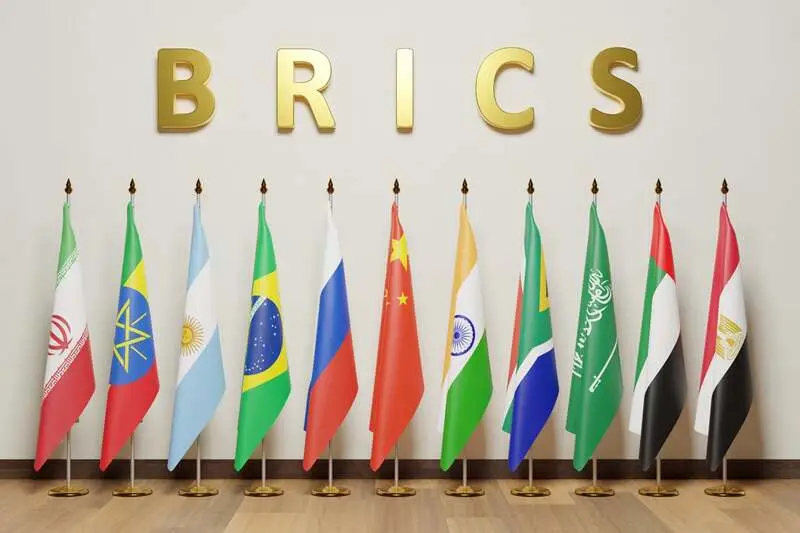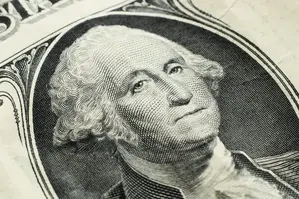Russia’s Foreign Minister, Sergey Lavrov confirmed that BRICS has paid more than 65% of trade settlements among member countries in local currencies and not the US dollar. Only around one-third of all trade payments were settled in the US dollar, the minister added. The greenback is declining while local currencies are filling in the void in the forex markets.
Also Read: 24 Countries Formally Apply To Join BRICS Alliance in 2025
The significant drop in the usage of the US dollar is alarming as BRICS is primarily using local currencies for cross-border transactions. The US dollar stands at a pivotal time in history where its dominance is being challenged by developing countries. Read here to know how many sectors in the US will be affected if BRICS ditches the dollar for trade.
Also Read: Russia Provides Major Update on BRICS Currency Launch
BRICS: 65% of Trade Among Members Settled in Local Currencies

The dollar’s share in trade settlements is dropping massively as BRICS is safeguarding their economies from US sanctions and tariffs. “National currencies already account for more than 65% within the framework of trade among BRICS members. The dollar’s share declined to one-third against such background,” Lavrov said during a meeting in Brazil.
Also Read: BRICS: Payments in Chinese Yuan Increased to 24% in 2025
“The meeting of BRICS finance ministers and central banks governors was held not long ago, where tasks of forming independent payment systems were reviewed in accordance with the assignment of the Kazan Summit. Our concluding document today notes the need to continue this work. It was assigned to proactively use national currencies in mutual trade,” the minister added.
Many other countries are sitting on the sidelines and could follow the de-dollarization agenda when the stage is set. Several countries in Africa, Eastern Europe, and Asia are considering following BRICS and using local currencies for trade settlements and not the US dollar. The move would wreak havoc on the American economy if the White House fails to import the dollar globally.






